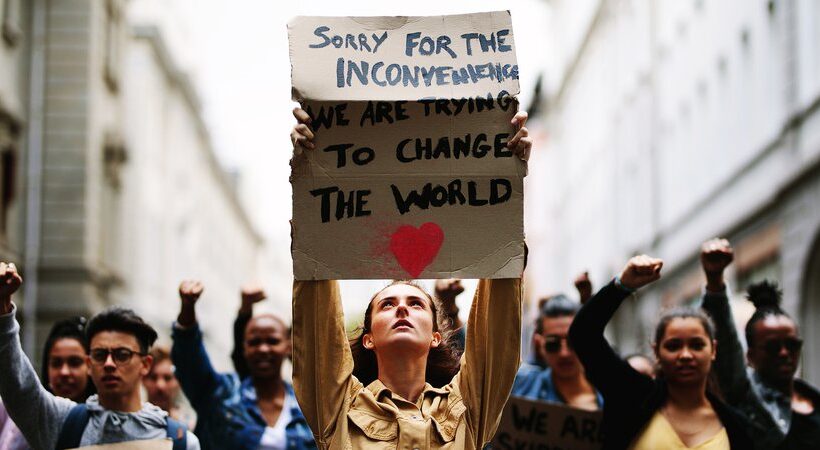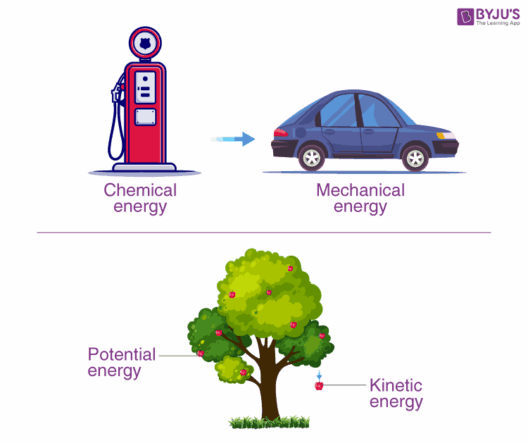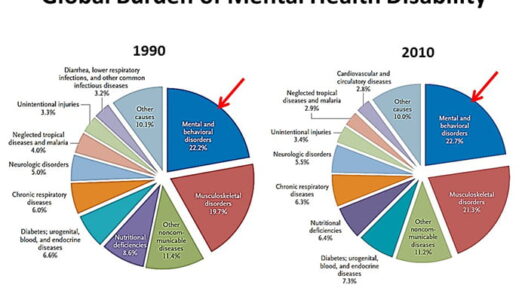As we traverse the complex interconnections of our modern civilization, the specter of global warming looms perilously over the future of our planet. The plight of future generations rests heavily upon our shoulders, compelling us to take action today. A deep understanding of our current predicament is essential, guiding us toward strategies that will empower rather than hinder those who will inherit our world.
A common observation about climate change is its gradual nature; it’s insidious, creeping into our consciousness and altering the fabric of nature itself. This slow burn can numb our urgency, instilling a false sense of security as we witness glacial melting and rising sea levels unfold over decades. Yet, the fading vitality of our environment is a clarion call, urging us to confront these consequences head-on. The remarkable resilience of the young should ignite our resolve, as they bear the brunt of our inaction.
Understanding the fundamental causes of global warming is paramount. The predominant driver is the accumulation of greenhouse gases in the atmosphere, primarily carbon dioxide, methane, and nitrous oxide. These gases stem from various anthropogenic activities, including deforestation, industrial processes, and the combustion of fossil fuels. Hence, our first responsibility is acknowledging the interconnectedness of our actions and their ecological ramifications.
To combat global warming effectively, it is imperative to advocate for sustainable energy sources. The transition from fossil fuels to renewable energy, such as solar, wind, and hydropower, is not merely a preference but a necessity. This energy paradigm shift can significantly diminish our carbon footprint, enabling us to generate energy without inflicting irreparable damage on the Earth. Investment in renewable technologies, therefore, represents a dual opportunity: it lessens greenhouse emissions and fosters job growth and economic resilience. With innovative research and development, economic viability and environmental protection can coexist harmoniously.
Equally important is the promotion of energy efficiency. Every watt of energy saved contributes to reducing greenhouse gas emissions. Simple actions, such as using energy-efficient appliances, implementing proper insulation in homes, and adopting smart energy management practices, can culminate in substantial reductions in overall energy consumption. It is prudent to champion policies that mandate energy efficiency standards for buildings and encourage practices that thwart energy waste.
Transportation is another salient contributor to global warming, accounting for a significant portion of emissions. Therefore, rethinking our modes of transport is vital. The adoption of public transportation, biking, and walking not only ameliorates traffic congestion but also reduces air pollution. Additionally, supporting advancements in electric vehicle technology can revolutionize our transportation systems. Policy incentives for electric vehicles need to be coupled with robust infrastructure, facilitating a smoother transition for consumers. Encouraging carpooling and the use of alternative transportation methods can also enhance our collective ability to combat climate change.
Our individual habits, too, play a crucial role. The consumption patterns of modern society often exacerbate the heat-trapping effects of greenhouse gases. By adopting a minimalist mentality, prioritizing sustainability over materialism, we can significantly alleviate the strain on our planet. This extends to dietary choices as well; embracing a plant-based diet or reducing meat consumption can dramatically lower carbon footprints associated with food production. Often overlooked, food waste constitutes an unnecessary contributor to greenhouse gases, so mindful consumption and composting practices are indispensable.
Reforestation and afforestation initiatives merit particular emphasis. Forests act as carbon sinks, absorbing CO2 and mitigating global warming. Engaging in tree planting campaigns, both personally and through community initiatives, fosters an ethical stewardship toward our natural environment. Furthermore, advocating for the conservation of existing forests safeguards diverse ecosystems and halts the erosion of biodiversity, a critical buffer against climatic variations.
Education is the bedrock upon which lasting change is constructed. Empowering the next generation through comprehensive climate education imbues them with a sense of agency. Schools and communities should seamlessly incorporate environmental curricula fostering awareness of climate issues. Through a deeper understanding of sustainability principles, young minds can innovate ways to solve problems that may seem insurmountable. Engaging in dialogues about climate change is paramount, reinforcing the message that future generations can become proactive participants in the global quest toward ecological equilibrium.
Corporate responsibility is another central pillar to combatting global warming. Consumers hold considerable power; demanding that companies adopt sustainable practices creates a ripple effect throughout the economy. Supporting businesses committed to sustainability, from eco-friendly packaging to ethical sourcing of materials, catalyzes a broader societal shift. The convergence of consumer preference and corporate willingness to prioritize the planet can drive innovation, yielding tangible outcomes in greenhouse gas reductions.
Legislation is an indispensable mechanism for enacting change at a systemic level. Advocating for policies that mandate emissions reductions, fund renewable energy projects, and promote sustainability can shift national and global paradigms. Grassroots movements have historically ignited monumental shifts, emphasizing the need for collective action. Engaging with local representatives and participating in initiatives promoting environmental justice can inspire larger movements toward combating global warming.
Ultimately, our responsibilities intersect at multiple junctures, prompting a profound inquiry into the legacy we wish to leave behind. The quest to combat global warming is not merely an environmental obligation; it engenders an opportunity for profound societal transformation. By adopting holistic approaches, we can galvanize future generations to be better stewards of the planet. The multifaceted solutions available today demand collaboration, innovation, and unwavering commitment. Transformational progress lies in recognizing that our actions today reverberate through time, shaping the world for those who follow in our footsteps. Only through collective action and a staunch resolve can we forge a more sustainable future, ensuring that the Earth thrives for generations yet to come.







